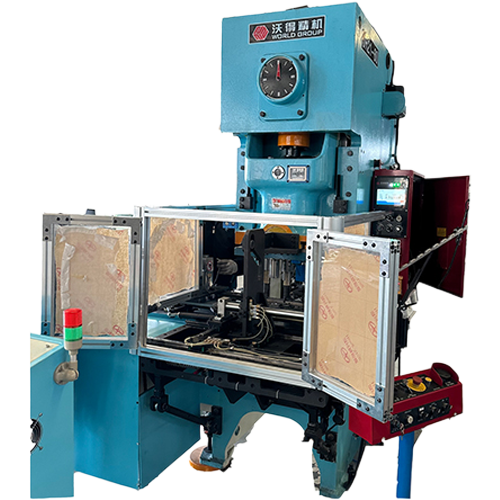Mastering Sealing Strength: Key Elements in Automatic Sealing Machines
In the packaging world, the sealing strength of a product is a key factor that affects everything from the freshness of the product to its durability during transportation. Automatic sealing machines are an integral part of modern manufacturing and play a vital role in achieving the required sealing strength.
Seal strength refers to the integrity and durability of the connection formed during the sealing process. It is not just about joining the packaging materials, but also about ensuring that the seal formed can withstand various tests during handling, transportation and storage, while maintaining the quality of the packaged items.
Seal strength is crucial when it comes to maintaining product freshness and quality. In industries such as food and pharmaceuticals, where maintaining product integrity is uncompromising, the strength of the seal creates a barrier against external factors such as air and moisture.
Products go through a series of steps in the process from the manufacturing plant to the consumer. If the seal is not tight, it may lead to leakage, contamination or damage. The proper sealing strength ensures that the product remains in the same condition during transportation as when it left the factory.
A strong certification mark can bring confidence to consumers. It is a visual representation of the manufacturer's commitment to delivering the product. A reliable certification mark can prevent leakage, tampering and contamination, thereby enhancing trust between brands and consumers.
Choosing the right seal strength: factors to consider when choosing
Choosing the right sealing strength for an automatic sealing machine requires a deep understanding of the product, its packaging, and its intended use. When determining closure strength requirements, the following points are key factors to consider:
Assess the sensitivity of packaged products. Fragile or easily deteriorated articles may require a higher seal strength to prevent the influence of external factors and ensure a longer shelf life.
Different packaging materials have different permeabilities and strengths. The seal strength should match the material used to create a secure connection that meets the specific needs of the product.
Think about how the product will be used throughout its life cycle. Products that require frequent handling or are subject to variable environmental conditions may require stronger seal designs to address these challenges.
Certain sectors, such as pharmaceuticals and food, are heavily regulated. Please ensure that the selected seal strength meets industry standards and regulatory requirements to meet benchmark standards for quality and safety.
Seal strength is not a universal property; it is a characteristic tailored to specific needs and must be matched to the specific requirements of the packaged product and its specific flow through the supply chain. Equipped with an automatic sealer that provides personalized seal strength capabilities, it enables manufacturers to ensure the integrity of their products from production to consumption.
Recommended Products


 EN
EN
 中文简体
中文简体 English
English













